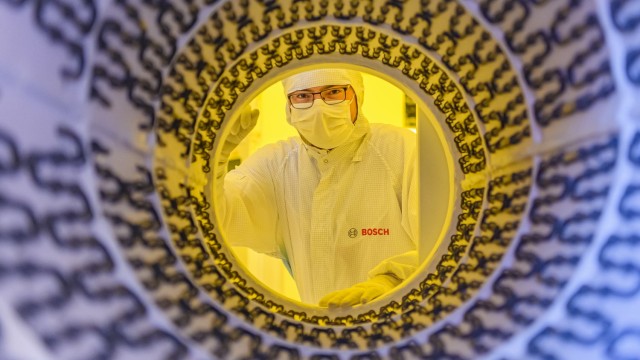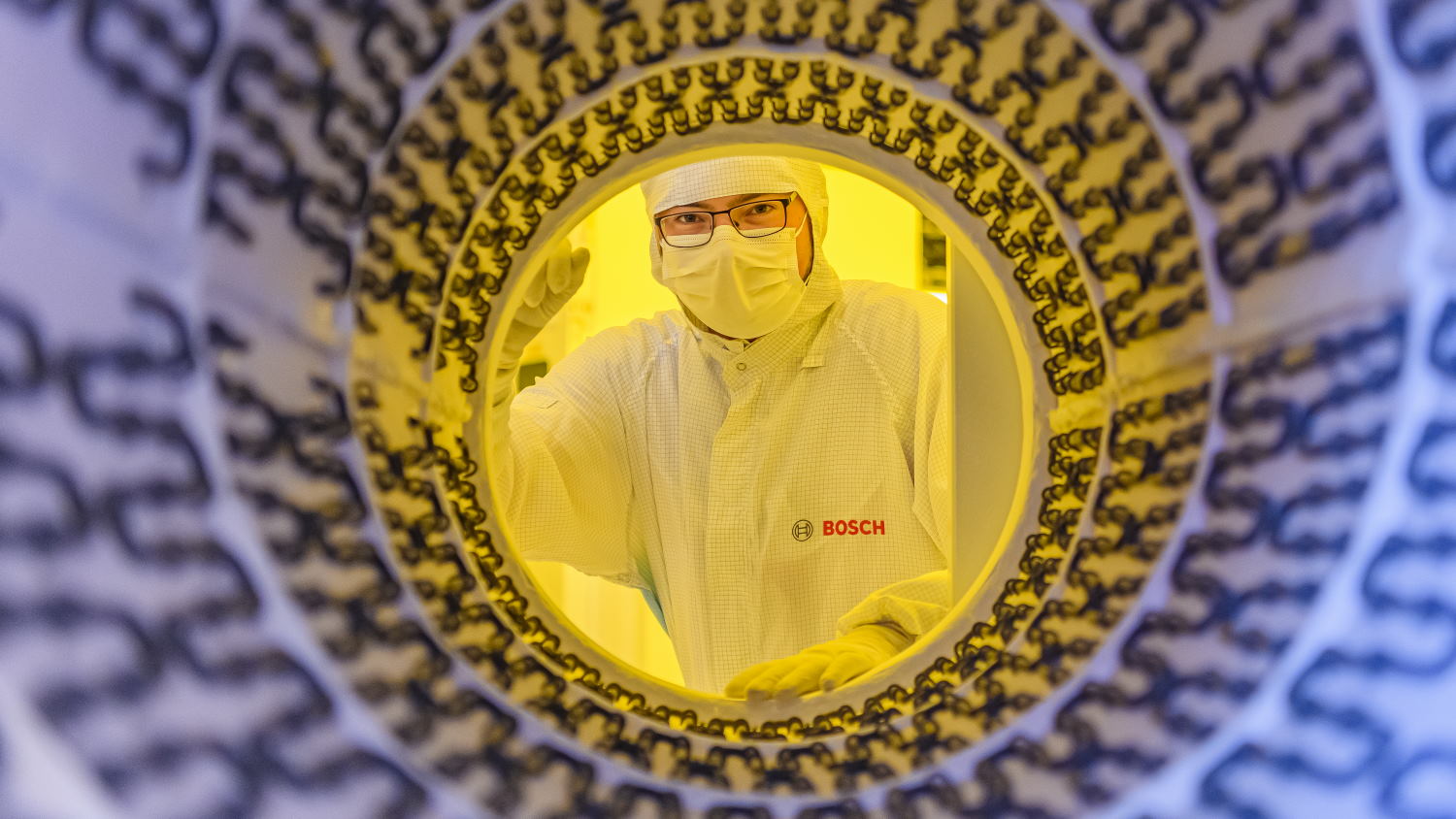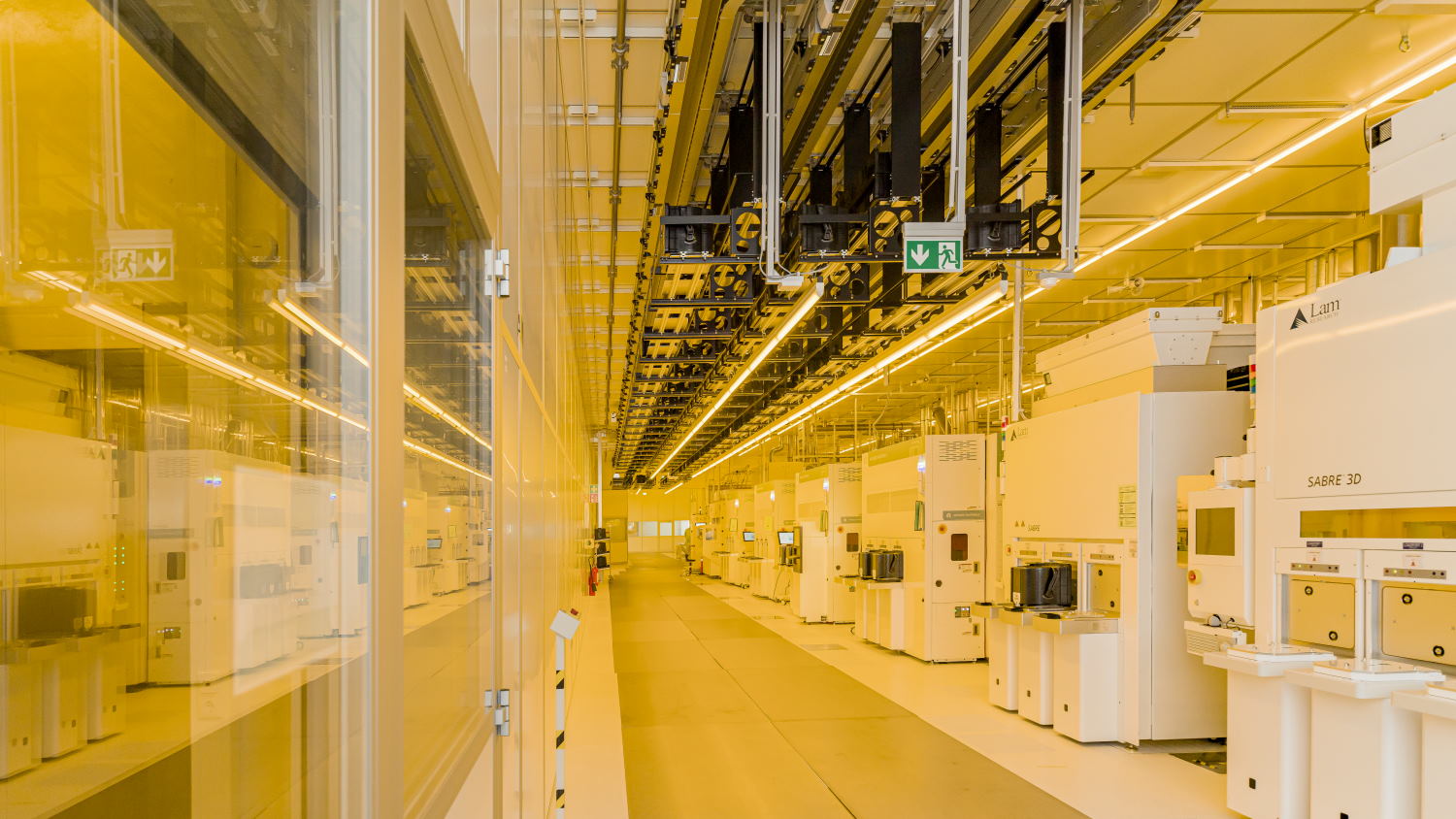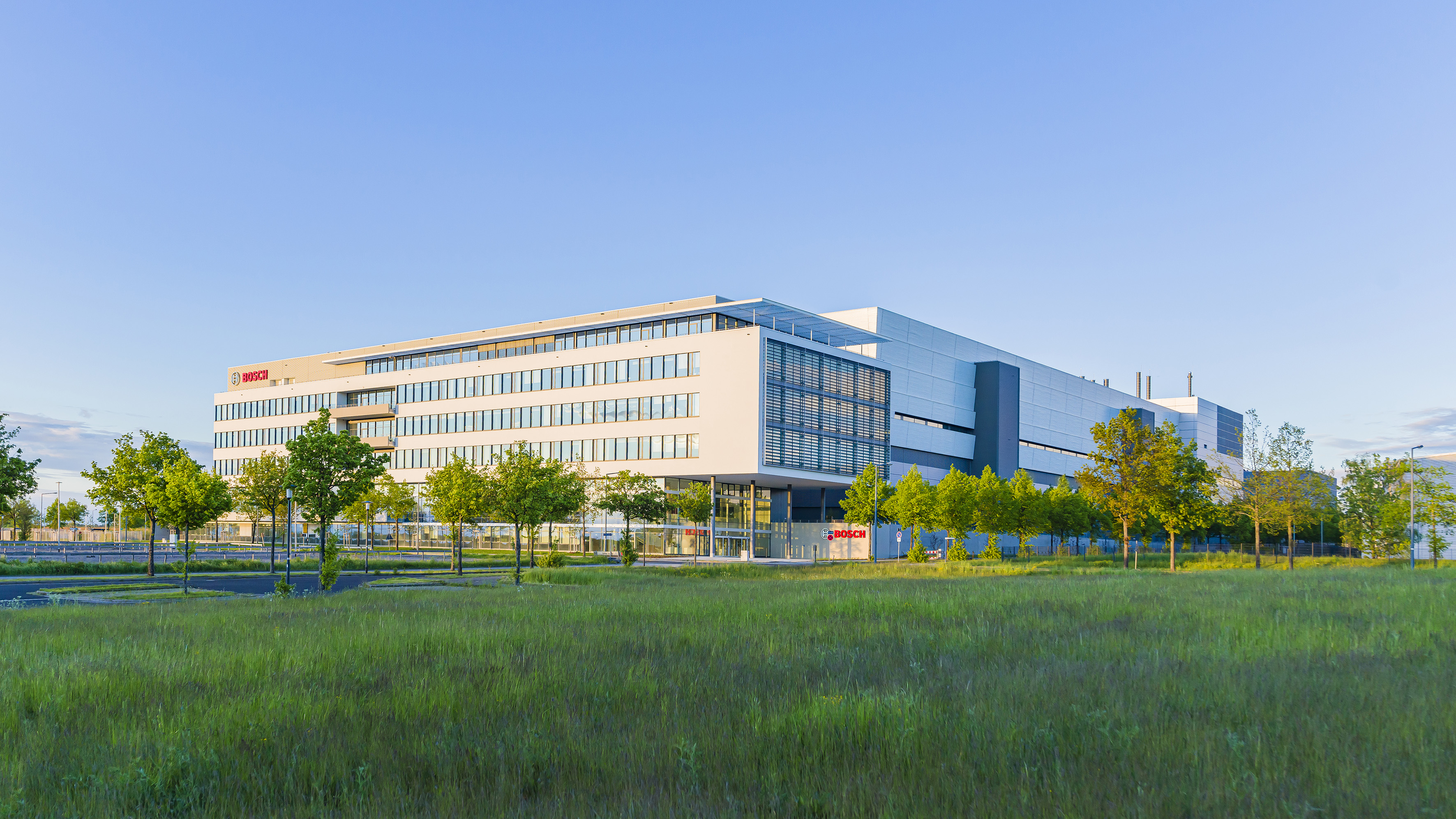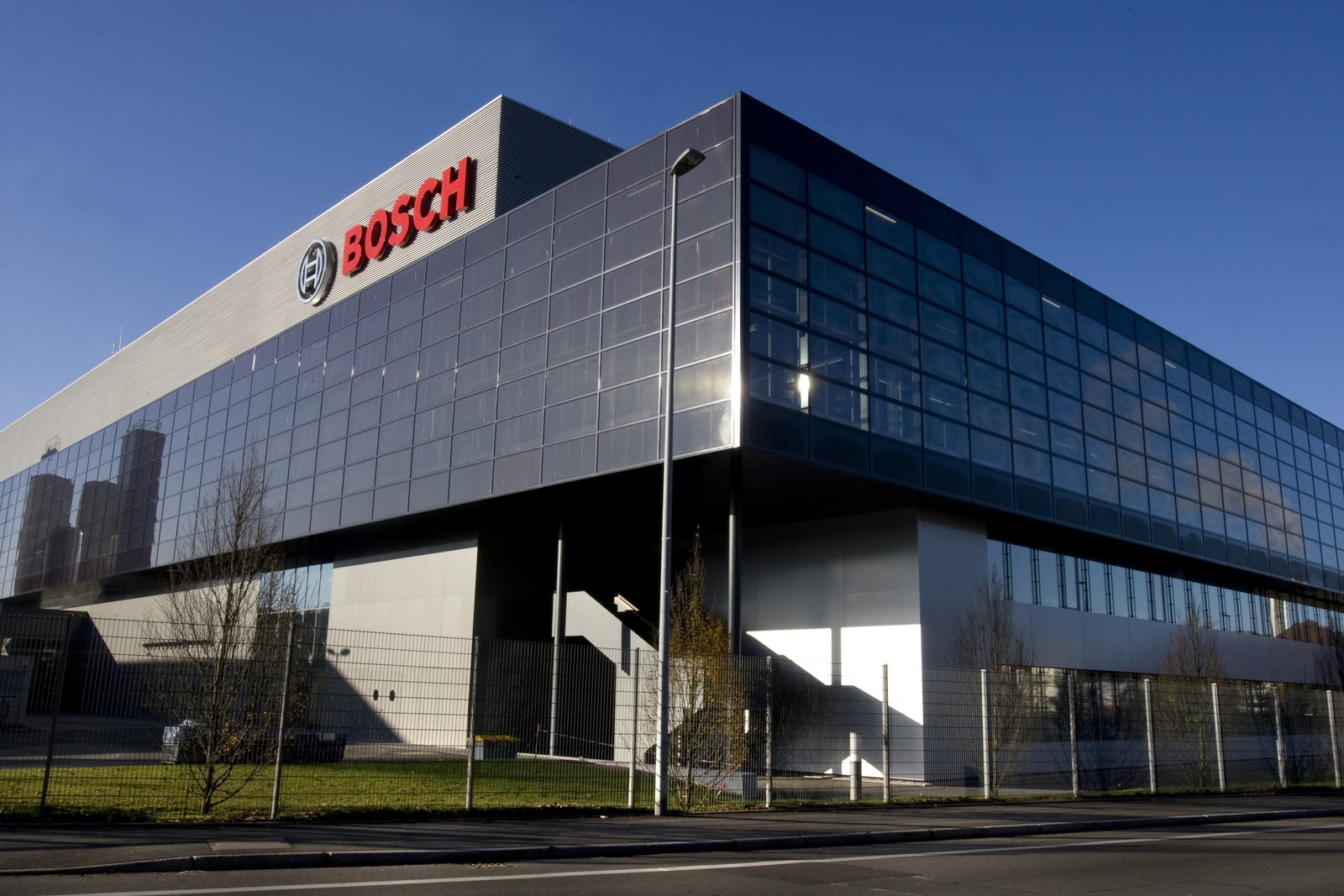Munich, Germany – Growth in the global market for semiconductors shows no signs of stopping – and Bosch is growing right along with it. For automotive semiconductors alone, S&P Global Mobility* expects average annual growth of 12 percent through 2028. In 2021, this slice of the market was worth some 49 billion dollars. The key drivers of this development are semiconductors for electrified and automated driving. Bosch is also systematically readying itself for further growth: in July 2022, the company announced it would be making billions of euros of new investments in its own semiconductor business. At locations such as Dresden and Reutlingen, this money will enable Bosch to establish new engineering centers in the coming years. The company is also steadily expanding its manufacturing operations so that it can meet the further increase in customer demand. For example, the 300-mm wafer fab in Dresden, which went into operation in 2021, is already expanding its clean-room area after just one year. Major expansions are also underway in the existing clean-room spaces for 200-mm wafers at the Reutlingen location. In Malaysia, the new test center in Penang will be completed in 2023; the existing test center in Suzhou, China, was expanded in 2021.
“We want to continue to be a leading supplier of key products for the automotive and consumer electronics industries. That’s why, in addition to our manufacturing activities, we are also consistently expanding our development capacity in the areas of integrated circuits, systems-on-a-chip (SoCs), micromechanical sensors, and power semiconductors. Through our active participation in numerous expert committees and publicly funded projects, we are helping to shape the markets of the future,” says Jens Fabrowsky, who as executive vice president in the Automotive Electronics division is responsible for the semiconductor business at Bosch.

